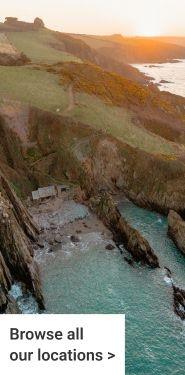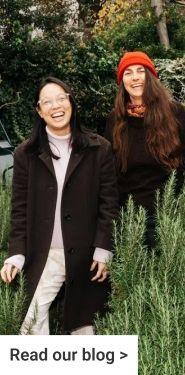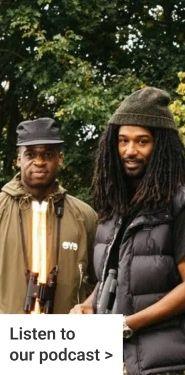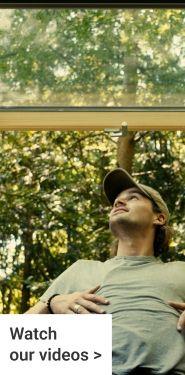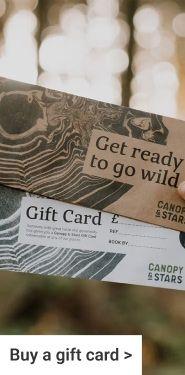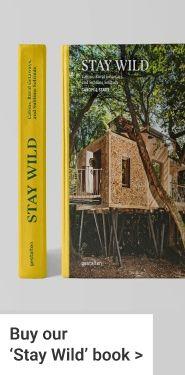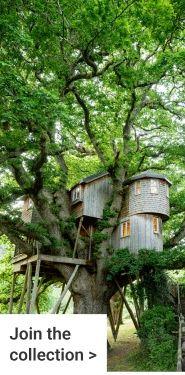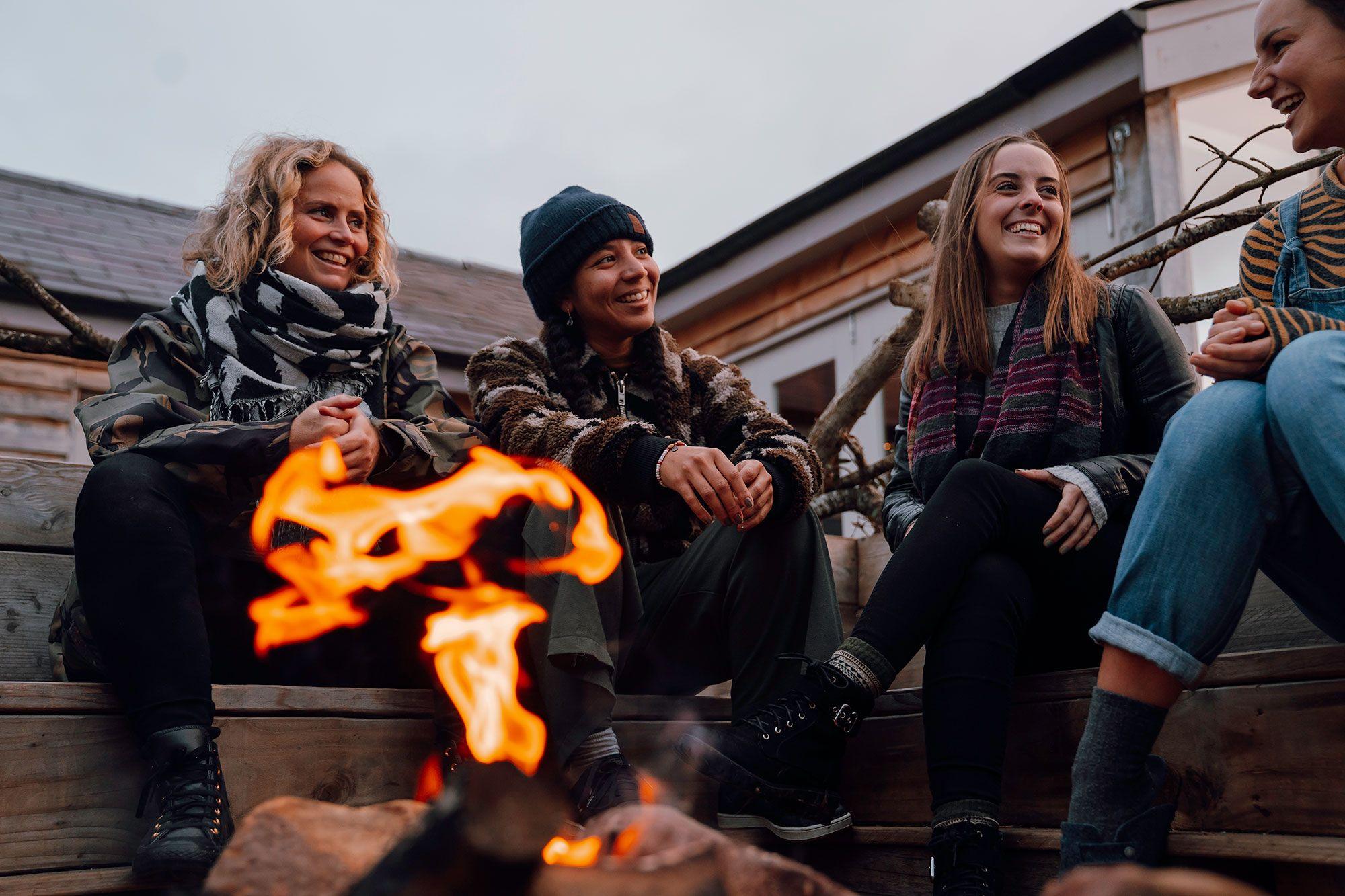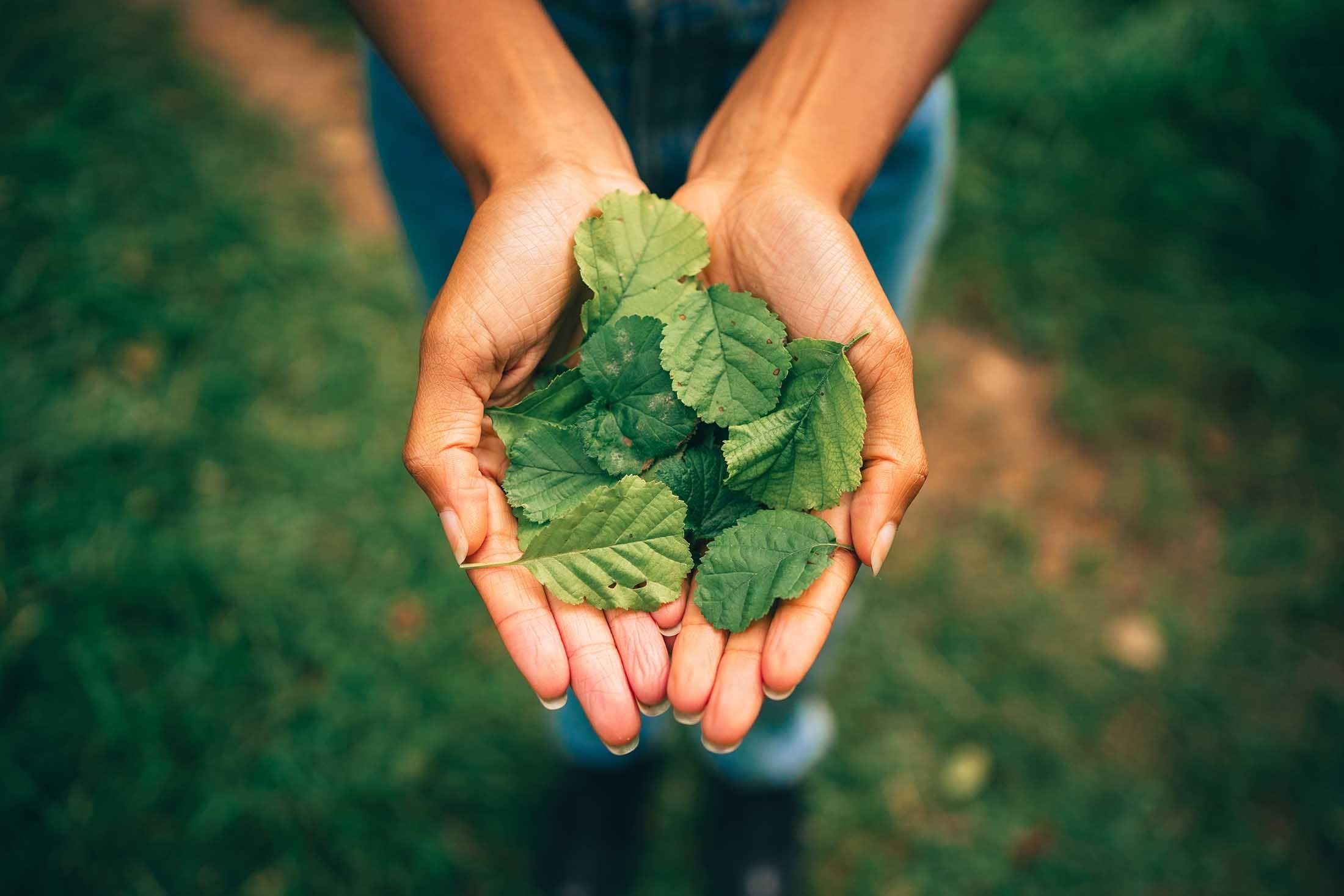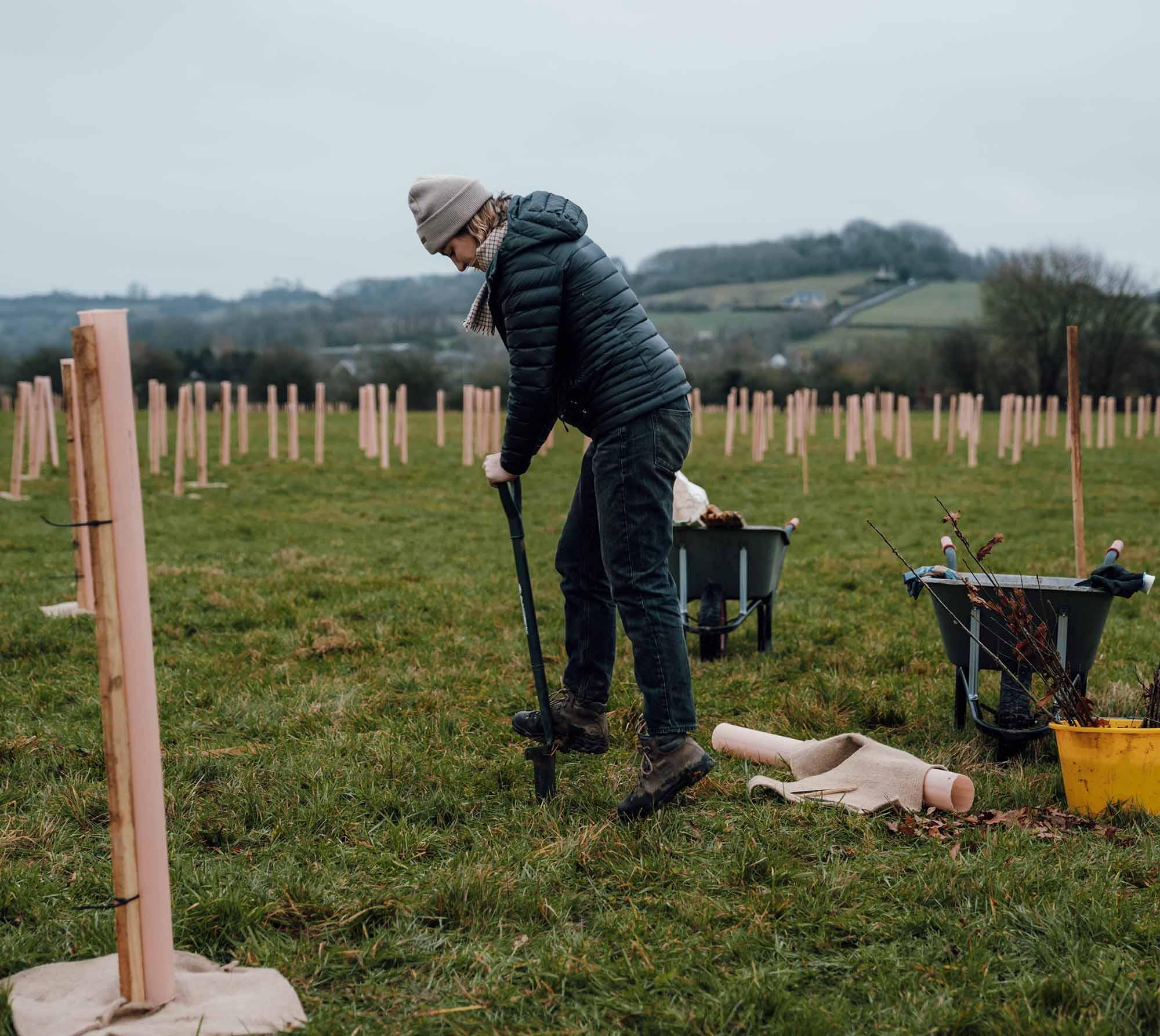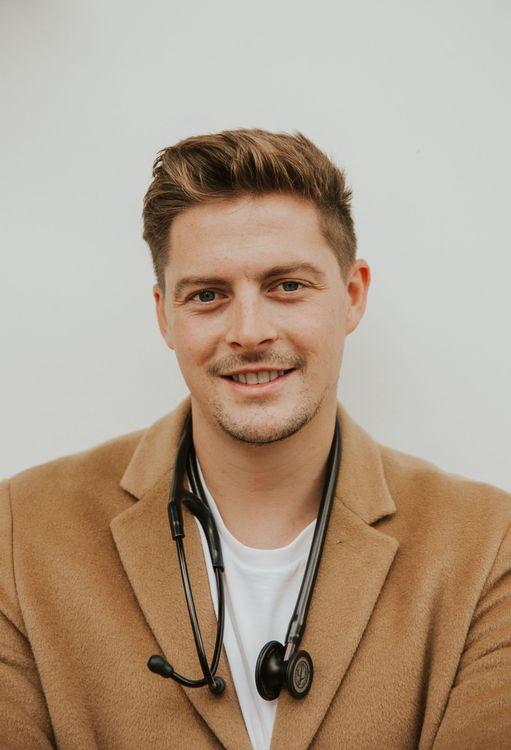
A Life More Wild - Episode 7
Dr Alex George & Brook House Woods
Stomping in Richmond Park with Dr Alex George
Dr Alex George is a presenter and author whose campaigning for better government provision for youth mental health lead to him being appointed the first ever Youth Mental Health Ambassador. We walked round Richmond park as he explained his own past trauma, how he ended up in his current position and pointed out the strangest place to find a kite.
Where are we heading then?
We're going for a little wander in one of my favourite places. I found so much peace and calm, in the last year particularly with everything going on. We're going to take a nice little route from the sheen gate, straight down the middle of the park towards the lakes and we'll do a little loop past the Royal Ballet School, which is a very impressive place to go and have a dance! There's a lovely mixture of green space, forestry, lots of deer, and I'm sure we'll see a few parakeets as well.
You're smiling at that tree...
Yeah, our first stopping point is a tree in the middle of a kind of open space here that has a bench under it. And I was laughing because there's been a kite in there for a long time at the front of the tree. And I laugh because someone has come here to this very open space and managed to get their kite stuck in the only tree for hundreds of metres. Anyway, it's a nice spot here. During the lockdown period, I spent a lot of time out here sitting on this bench, under the tree. And it's a lovely view looking down into the rest of the park.
You've found yourself with a lot of influence, what are you trying to do with it?
A big thing I'm trying to do is increase education around the benefits of nature, how much exercising outdoors, walking, spending time in green space, how that combines to affect your mental health. We know that being around nature promotes a sense of calm, it's great for positivity, it's great for a sense of self worth and reduces things like anxiety as well. If you feel particularly stressed out and worried, come out here in space and breathe. You just feel much more present and all your problems feel much more settled.
And you've invented "stomping"...
I've created this trend "stomping". I just tried to make it fun for people to get outside and walk. And it's amazing how people have messaged me and said, "I've never ever actually walked in my life". And what they mean is that other than going from A to B, they'd never just walk for walking sake, or stomp stomping's sake! And I've tried to encourage people to do that.
Why is it important?
Just as a sense of "I'm getting out of the house". And just moving my body for a while. And it's just so nice. Actually, I get tagged in stories and people tagging me saying like, I went out stomping today. It's just trying to encourage the basics, isn't it, you know, do the little things each day and it can really help.
Where did your interest in mental health begin?
My interest in mental health, probably started at university. I ended up in a placement down in Truro for a period of time, which I love. I love being near the sea, I think it has an amazing power of healing. But around that time, I became a bit lost myself. I'd been in medicine for four years, and I don't know really what happened. I just stopped exercising, I wasn't going outside. I wasn't sleeping very well. I lost my friends, became much less interested in my studies and I just became... a bit lost in the world.
And what did you do?
I kind of sat quietly with it for a long time. But what could I do? Because I go to university and I'm supposed to be a doctor, so how can you possibly have any struggles and really, I look back now quite sad that I even felt that way to be honest. And, you know, I felt that I couldn't say anything. And I don't think that's a representation of the university standpoint, I think there was just kind of a general feeling in the medical world that you know, doctors shouldn't struggle.
But not saying anything made it worse?
I kind of kept quiet but eventually, I thought this is actually getting quite bad. So I spoke to my mom and said this is how I'm feeling and there was that kind of big emotional outpouring and I felt fantastic afterwards. And then you know, she said, "actually you're not doing anything that will make you feel good". And she was pretty spot on. I wasn't doing anything that was conducive with happiness or health. So I said, "You're right".
And then you made some changes?
So what we'd do is talk every evening, about my thoughts, my feelings. I'd plan my sleep routine to get up in the morning, I started exercising. I made a deal myself to go for a walk half an hour every day and enjoy the actual nature that I was living in, to plan things with my friends and to start doing some hobbies again, like just start playing tennis again. And even though at this time I didn't really want to do it, I didn't have the energy to do it. Within weeks, I was starting to feel better. And then months went by and I was like wow, I feel so much better from this. And I really learned and I promised myself I wouldn't drop any of those things again because I realised those things were an investment in myself. And my university work and medicine just improved so much.
Is it something anyone could do, even in London?
I think it's amazing that in a city like London, which you might think of as a concrete jungle, we have these protected spaces like this. You go to a lot of cities around the world and unfortunately, they have built on every inch land and it takes away from the soul of the city. One of the things we're very fortunate with in London is that no matter where you live, generally speaking, there's a park or green space near you. And I think as we build newer, more modern cities, I hope they realise how important that actually is, to retain that sense of green space.
So how did you end up as this big influencer?
I actually left medical school, well didn't leave I graduated! I didn't, just run away. And that was in 2015. I came to London to work in King's College Hospital and spent some time in A&E and just really enjoyed it. I've stayed in A&E since then. And then in 2018, I was on Love Island, which is a little bit random. They actually messaged me on Instagram, with my 200 followers, saying "we'd love you to come in for an interview" or whatever. I was like, No, I'm not doing it. But one of my consultants, a good friend of mine, was a massive Love Island fan, and she said "Look, you've got to interview just for the experience." So I went along, did the interview. And before you know, I'm on the show.
Was Love Island part of a plan to build your profile?
No, not at all. I went through and I enjoyed the show, but didn't really want to try and achieve anything in particular. I had no plan for anything afterwards, I just enjoyed it. I ended up being on there for most of the show. I certainly didn't expect to have everything that came after - a million followers on Instagram and a huge amount of leader interest. I thought, "What do I do with this now? Do I drop it all?". So I went back to A&E and then thought well, why don't I use the platform to talk about wellbeing, mental health, things I'm interested in, then at least I'm doing something positive with that platform. And it kind of just started small like that, doing bits and pieces, and it's built up from there.
You're very open about your own struggles on social media. Is that important to you?
Particularly throughout the pandemic, you know, there's been really tough times, ups and downs. My relationship broke down, sadly, and most importantly, I lost my brother to suicide in the summer. And, yeah I have been quite open about all that. And people might ask where you draw the line of being open about things, but I'm actually a very open person. And people have been very supportive to me throughout that time. Now moving forward, post pandemic, I want to try and help further.
That's why you're heading up a huge campaign...
The reason I've campaigned towards work that I'm doing now with the government is that I want to see change, I want people to have support, I want to battle the stigma that still exists around mental health, because stigma still exists. My brother never said that he was struggling, he never told me anything. It was very sudden. And I think that sense of shame, I think might be the right word to use, probably prevented him from speaking out. So moving forward, that's one of the biggest things I want to do. Break down stigma and hopefully see that people in future who want help feel comfortable to reach out and get it, and when they do reach out that the help is there for them.
How widespread do you think the mental health problem is?
I think societal expectations, particularly of men, [make mental health issues] much more prevalent and I think we have to do more to acknowledge that and try and help break that down because so many young people die every year needlessly from mental health. I launched my campaign at the start of the year and it was amazing, really. People got behind it so much it was unbelievable, this movement online. People were calling for the Prime Minister to meet me and it's a bit of a shock when you get that email coming through saying, we'd like to speak with you.
So you just stroll over to number ten?
No no. There's a lot of back and forth and discussion about some of the things and ideas they had. Eventually, the Prime Minister felt was a good idea to have a young person who had some understanding in the field, but also a platform to be in an ambassadorial role and work with government, charities and the NHS to improve what's going on in this area. So I was appointed to the role and quite shocked really, to go to number 10.
How has the ambassadorial role been?
I'm doing something that has never existed before and it's very odd to think that this is completely new. It's been a bit of a roller coaster, it's a lot to deal with. But again, because there's so much, I've got to be very focused. And I think that's important. And then, coming back to being around in nature, that helps my sense of focus, because there's so many different things I could put my energy into. And one of the challenges that I find is that so many people reach out from a place that's very good and very honest and want to help, but you can only have one priority. We talk about "priorities" all the time in business, but which one of them is your priority? So I'm trying to have that concept all the time of what my priority is right now. You can have other things which are important, that you're working on, but you can only have one priority. Being out here, nature helps me think and clear my mind, about what I'm actually trying to achieve.
And we're back where we started...
We've reached the end of our little stomp. I've taken you on a route that I would take, particularly during the pandemic, to kind of deal with the stresses and pressures and I guess to feel a sense of calm and that has meant so much for me in the last year. It's been difficult for everyone but I feel very fortunate that nature's got me through it and what would I have done without this incredible space. So I would recommend to anyone listening. If you don't stomp or don't get out for walk, then do it. It's an incredibly powerful thing.
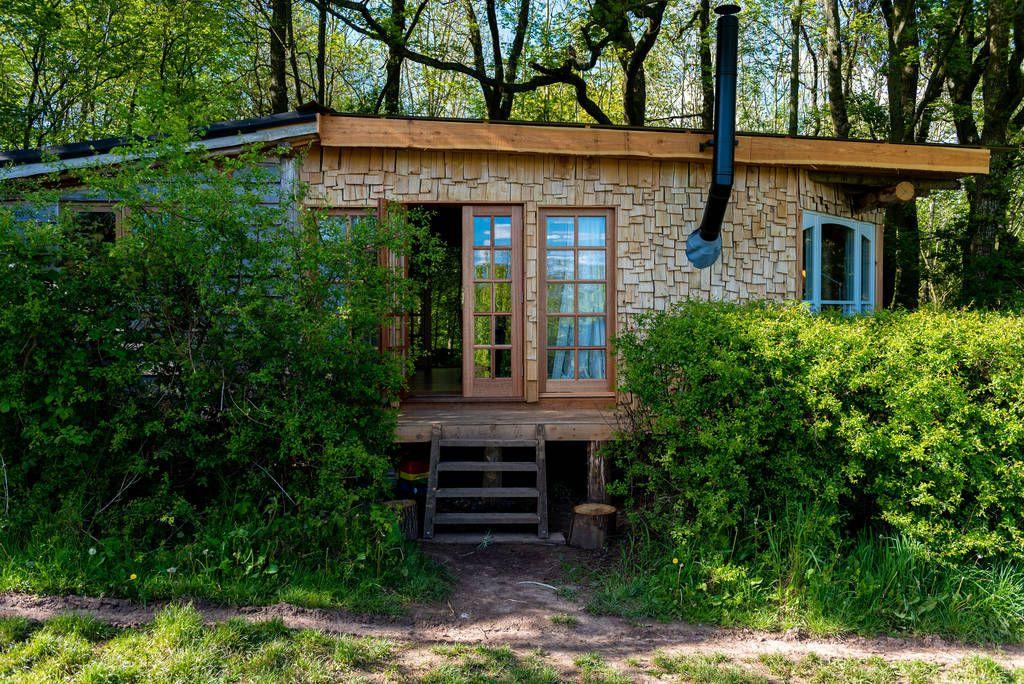
Having your life dictated by the seasons with Will from Brook House Woods
Will and Penny were actors in London, but had always dreamed of a life in the country. A chance encounter lead to a woodworking apprenticeship that somehow ended up with them creating the incredible treehouses and cabins of Brook House Woods in the forests of Herefordshire. We spoke to Will about their journey and the change of pace from town to country life.
Tell us where you are and what the landscape's like...
Brook House Woods is a part of Brook House Farm, which is a 350-acre farm that grows cider apples and hops as its primary farming business. There's also about 70 acres of woodland on the farm. It's in Herefordshire so there's nature everywhere, it seems quite untouched compared to a lot of other counties, which is really nice.
Where did the treehouses come from? Was that always the plan? Was there a plan?
Before we moved here, we were living in London, me and my partner, Penny, who runs the business with me. We'd been living there for 16 years, both working as actors. One day I ended up down a kind of internet rabbit hole. I stumbled on a glamping place down in Dorset, which had yurts and belt tents and stuff. And it just really blew me away how lovely it was. I thought it looked like a really nice way to make a living. So we kind of came up with this idea. And then over several evenings and several bottles of wine, you know, just came up with this harebrained scheme, that we'd find a bit of land somewhere and we would build some yurts and tree houses.
But it was about building a community too...
Part of the idea was, was always that we would have a workshop, and try and get local craftspeople to teach courses to our guests - basket weaving leather work candle dipping, you know, all sorts of natural crafts, which we thought would be in keeping with the space. Then again, on a really random visit to a flower market in East London I stumbled on this guy carving, handmade wooden spoons from green wood. It's something I've always been really interested in that specific type of woodwork, with sharp hand tools and fresh timber straight from the trees. That was a real lightbulb moment. For me. It was everything I dreamed that woodwork could be.
So you applied for an apprenticeship?
Well I went and spoke to the guy initially to see if he would ever be interested in coming and teaching a course if we ever managed to do this thing, but while we were chatting, he mentioned something about an apprentice. And I just heard the words, "can I be your next apprentice" coming out of my mouth. I kind of badgered him into taking me on. And while I was working for him, I'd heard about this guy called Mike Abbott, who was the guy who he did his apprenticeship with. And that was that was the guy who had built the workshop here at Brook House Woods. He's a real legend in the green woodworking world. He really forged the way for a lot of people that are doing this craft.
How did you end up living there?
I went and I got in touch with him [Mike Abbot] and it felt like the source you know, of all this knowledge that was starting to spring up. I went and started off helping out on a chair-making course with him up in the woods. And people would come and just camp in the meadow and stay for a week and learn how to make a chair. And I remember the first time I came here, it was such a complete thing of stepping into this world and stepping out of everywhere else. I rolled up the track, very shakily on the motorbike, parked up and went in there. And that was it. I was in this little bubble of wood. When I left I kind of had a little meltdown. I came down, back to London. I was on this complete high, floating out of the woods and as soon as I got to the Worcester bypass, I saw this big billboard. And it was like a slap in the face of this urban life again, flooding back.
So you moved straight away?
The following year, while I was there, Mike decided that he was going to retire from the woods and set up a smaller operation at his home. He asked if I wanted to take over the workshop. And I think in the same week, I was just sitting out in the meadow, having my breakfast and the guy who owned the farm, happened to ride past on his quad bike. He asked me how I got into green woodworking and told him the story of how it started when we kind of discovered this glamping place and decided that we wanted to get a bit of land and build a workshop and build some yurts and build some cabins and things like that. And after about a three-minute conversation, he just said, "Would you want to just move here and do it?" So yeah, it was that simple, really.
How did you explain this to Penny?
I think I sent her a text along the lines of "Oh my God, oh, my God, I think we've just been invited." She was, I mean she was over the moon, it was a total leap of faith, because like I said, it was it was a complete change of direction for both of us. It's pretty nerve racking to pack up your whole life and move, and it was based on these chance encounters.
So how completely different is it living in the countryside?
For me, the biggest change that I really noticed... I don't know how to say it without sounding really new age... but the rhythm of nature is much more noticeable. Moving here made me realise how efficient we've become in cities at stopping nature from having any impact on productivity and consumption. In winter, you just turn your central heating on and you turn your lights on a little bit earlier, but not much about life really changes. Whereas here, in the summer, I could work till ten at night, in the winter, I have to stop at four in the afternoon. I needed wood to heat my caravan and it needs to be dry. So I needed to cut it down and split it into logs two years ago! All of that stuff started to be really apparent and the impact of the seasons was suddenly real.
You've got a young child, was that part of the reason for wanting to get out of town?
I spent a lot of time in, in nature when I was a kid. We were pretty poor growing up. So for my parents, entertaining us was just taking us for long walks in the countryside. We thought about it in terms of a few steps back, I remember thinking that once we've been doing this for a little bit of time, and put some roots down here, the idea of having kids will suddenly seem much more open to us. And it did. We're in the most beautiful place you could ever want to bring up a child. He's a little toddler now, so every day once he's had his breakfast, we just walk out into the farm and I don't really have to think of stuff to do, we just walk around.
Talking about how everything completely changes with the season, it's mid summer, so what's life like, right now?
Now, half of every day is spent with my son. That's the really beautiful thing about running your own business and living where you work. The other half, I end up doing a lot of the maintenance and general tinkering with things that go wrong, as they often do with off-grid systems. The whole of last week, I was running a lathe building and bole turning course. We had a group of eight people who came to the woods. There aren't really typical days, you know.
Do you still love the woods as much as when you first visited?
It just never gets old. Still, if I've got spare time, I kind of wander up to the workshop when it's quiet and sit there and look at the same trees that I looked at the first time I came here and stare at them with the same wonder. They still all give me the same kind of sense of peace and, and wellbeing. Here, to a certain degree, is a community, a small community in a natural environment which is the thing that I've wanted, since I've been alive, really. It's one of my early earliest memories, having this dream of living in the woods with all my friends, really, in a simplistic, childlike way. But that plan hasn't ever really gone away so for me, the community that we've managed to kind of create here, with the people who live on the farm, is really special. For the first four years, we would eat all our meals, cooked on the open fire up in the woods and around the big round table in the workshop and just be outdoors all the time, certainly throughout the summer months. Since having kids we've retreated a bit more into our own homes, because you've got to feed your child, but still we have that sense of community, knowing that there's other people on the farm. I just walk up the track into the woodland and there's all our friends.
Created in collaboration with O2 as part of their campaign to help people reconnect with nature.

